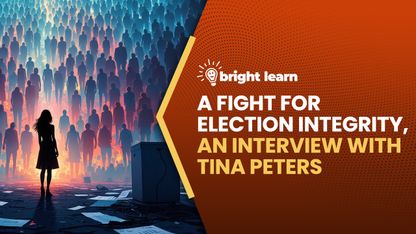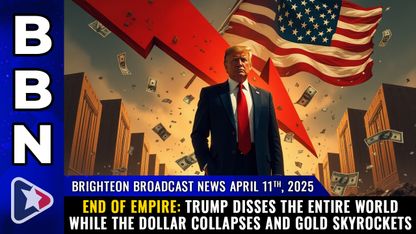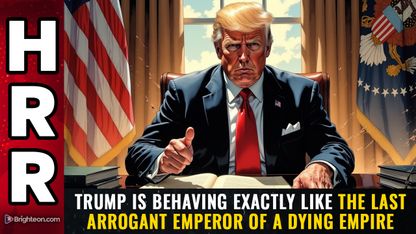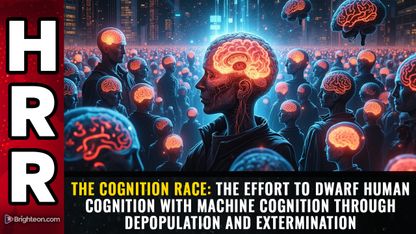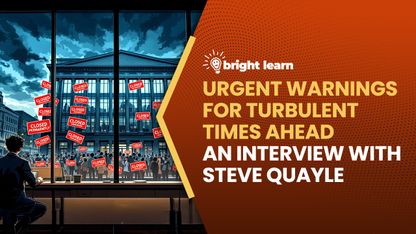
One email from February 2020 saw Zuckerberg asking Fauci about ways that he could help in the creation and distribution of the COVID-19 vaccine. The Facebook CEO lauded the NIAID director that time for announcing that the vaccine was ready for human trials. Zuckerberg asked in the email: "Are there any resources our foundation can help provide to potentially accelerate this – or at least make sure it stays on track?"
Fauci replied in the affirmative, saying that the institute needed help with resources for its phase two vaccine trial "if [it does] not get [its] requested budget supplement." He thanked Zuckerberg for the offer and promised to inform the Facebook head if the trial "goes off track."
Zuckerberg then sent another email to Fauci in March 2020 as the pandemic made its way to America. He proposed a Coronavirus Information Hub on Facebook to "make sure people can get authoritative information from reliable sources." However, this endeavor also permitted the social media platform to restrict information about COVID-19 that went against the supported narrative.
The Facebook CEO said in his email: "As a central part of this hub, I think it would be useful to include a video from you – because people trust and want to hear from experts rather than just a bunch of agencies and political leaders."
Fauci replied to Zuckerberg's email and called his proposal "terrific." He added: "I would be happy to do a video for your hub. We need to reach as many people as possible and convince them to take mitigation strategies seriously or things will get much, much worse."
Facebook cranked up its censorship of coronavirus "misinformation" to 11
True enough, the social media site pushed through with censoring purported "misinformation" about the Wuhan coronavirus. According to an August 2020 Breitbart report, Facebook announced its removal of seven million posts with "harmful" misinformation about COVID-19. The site removed the content between April and June of that year.
Furthermore, Facebook put warning labels on an additional 98 million posts on all its platforms – including Instagram – as they were "misleading." The said posts received the warning labels during the same period in 2020. Zuckerberg previously stated that the warning labels are as effective as removing the posts themselves as they discourage 95 percent of users from viewing the content.
Months later, the social media site announced that it would censor similar misinformation about COVID-19 vaccines. CNBC reported in December of last year that Facebook would "start removing false claims about [COVID-19] vaccines that have been debunked by public health experts." (Related: Facebook to now ban 'false claims' about coronavirus vaccines.)
The platform elaborated its policy in a blog post. "This could include false claims about the safety, efficacy, ingredients or side effects of the vaccines. For example, we will remove false claims that COVID-19 vaccines contain microchips or anything else that isn't on the official vaccine ingredient list," it said. Facebook continued that it will "regularly update claims [it removes] based on guidance from public health authorities."
But the cracks in Facebook still showed despite its support toward Fauci and censorship of posts critical of vaccines. Back in February 2021, Project Veritas released leaked footage of Zuckerberg himself expressing his doubts regarding the COVID-19 vaccines. According to the whistleblower who sent the video, the Facebook CEO made the remarks during an internal weekly question and answer session in July 2020.
The Facebook head said in the video: "I do just want to make sure that I share some caution on this [vaccine], because we just don't know the long-term side effects of basically modifying people's DNA and RNA. [Also,] the ability to produce those antibodies and whether [the vaccine] causes other mutations or other risks downstream. So, there's work on both paths of vaccine development." (Related: Project Veritas releases footage of Facebook CEO showing concern about Wuhan coronavirus jabs.)
Visit TechGiants.news to read more stories about censorship by Facebook and other social media platforms during the COVID-19 pandemic.
Sources include:
Please contact us for more information.


